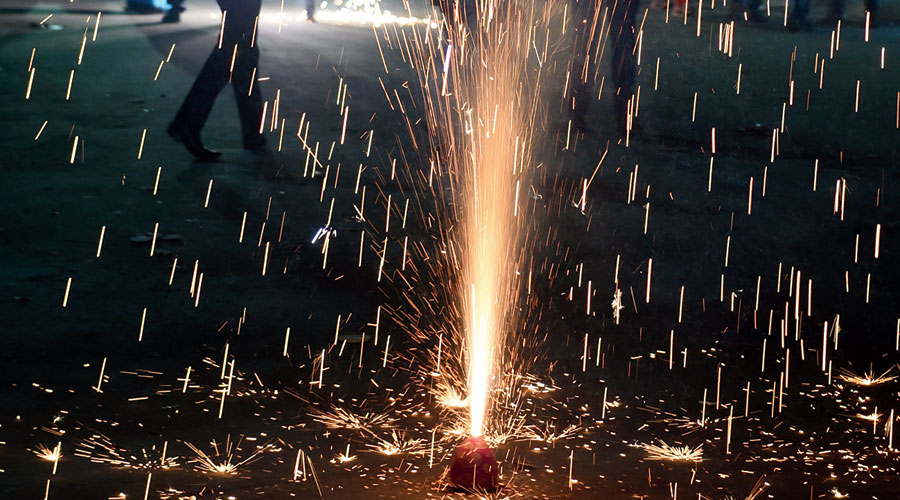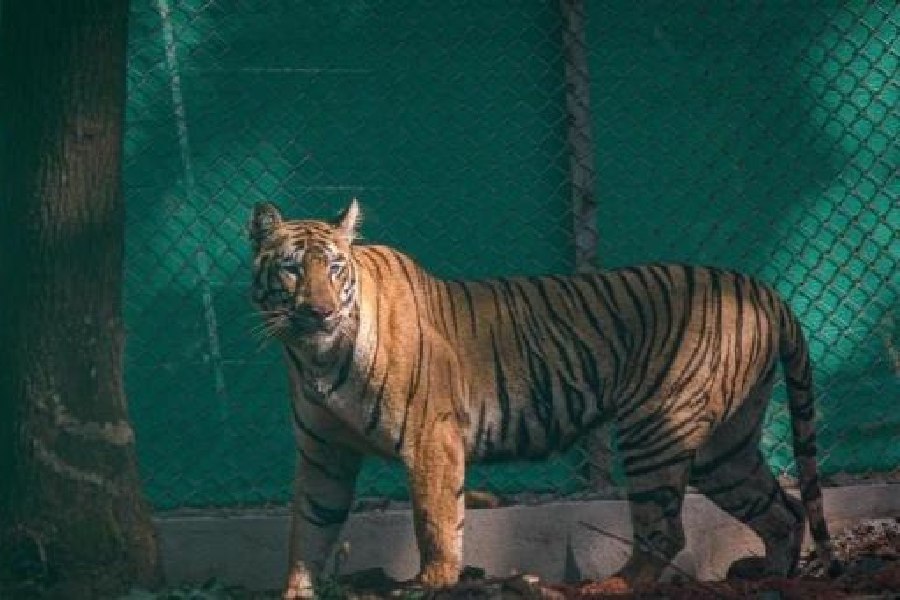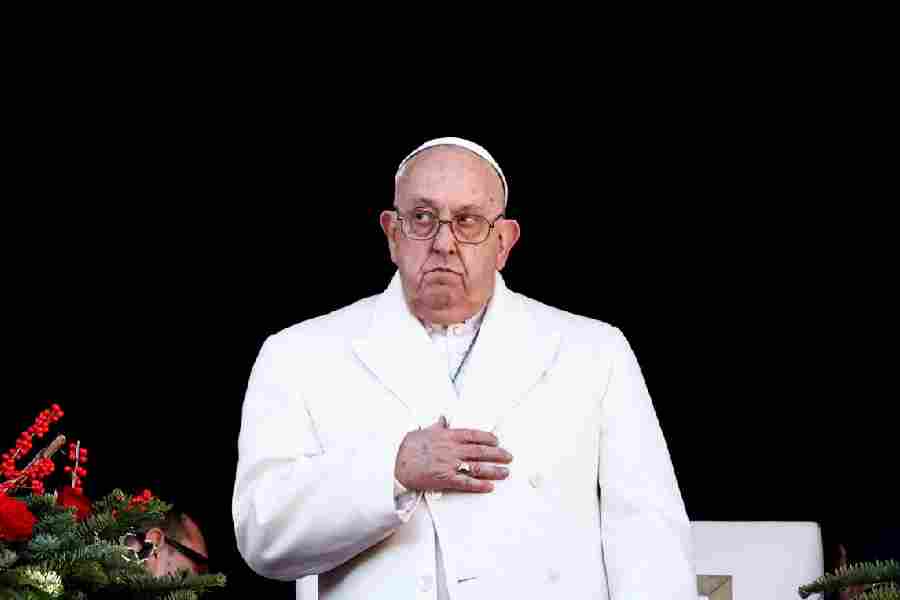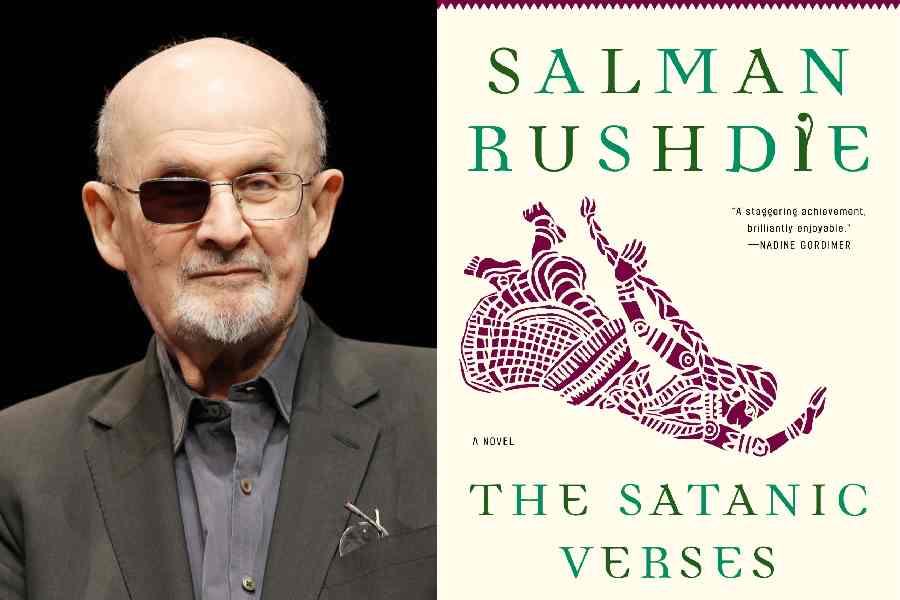The city not only registered lower air and noise pollution levels during Diwali this year but also less burn cases, the improvement attributed to the ban imposed on bursting of firecrackers and awareness drives carried by various organisations to curb a rise in air pollution in view of the Covid-19 situation.
According to the Pollution Control Board, Assam, the air quality index (AQI) was 117, 120,173 and 175 on November 13, 14, 15 and 16 respectively, conveying moderate air pollution levels.
Air quality is considered poor if the AQI is 200 and above and very poor if it is 300 and above.
The AQI was good last year because of rain on Diwali, which helped in reducing air pollution.
“Compared to the last few years, the AQI was moderate this year because of the cracker ban and cooperation from the conscious public. It is a very positive development. Last year, it was good because rain helped clear the air of pollutants such as soot, sulphates, and other organic particles. This time the weather was dry, so the readings were accurate. We feel it can only improve if awareness grows,” said PCBA official M.M. Bora.
Even noise pollution was less this year compared to last year but more than the permissible level for silent, commercial and residential zones in the city.
The PCBA had monitored the noise level at Panbazar, Ganeshguri and Ulubari here.
Sources said bursting of crackers this time mainly took place in the lanes and bylanes instead of the main road because of the ban.
Nemcare Hospital, which has a specialised burn unit in the city, said they received much less burn cases this year compared to 2019.
“We received only six cases (on November 15 and 16) compared to the 51 we received during Diwali and post-Diwali last year. All cases this year were treated in the OPD. We feel the ban on crackers and awareness drive helped bring down the number of cases,” Dr B.P. Sarma of Nemcare told The Telegraph.
Following the November 9 directive from the National Green Tribunal (NGT) in view of the pandemic, the PCBA had banned the sale and bursting of firecrackers in Guwahati from midnight of November 9 to the midnight of November 30 because air quality in the city was in the poor category.
Outside Guwahati, only green crackers were allowed for two hours from 8pm during Diwali. The relaxation will be in force from 6am to 8am on Chhath Puja and 11.55pm to 12.30am on Christmas and New Year’s Eve.
The NGT order banning crackers was based on the view that pollution aggravates Covid-19. It had directed state pollution control boards and committees to take special steps to check air pollution.
There were many like Kailash Sarma, the general secretary of Save Guwahati Build Guwahati, who believes things can only improve if concerted efforts are made to check air and noise pollution.
“We had less air and noise pollution because of the ban and awareness drive. We feel there should be at least three months of awareness campaign in the run-up to the festive season for a few years at least along with the ban on crackers, except green crackers.
“There should also be some kind of light punishment, I repeat light punishment, for violators like detention in police station for a few hours so that they do not repeat their mistakes,” Sarma said.











